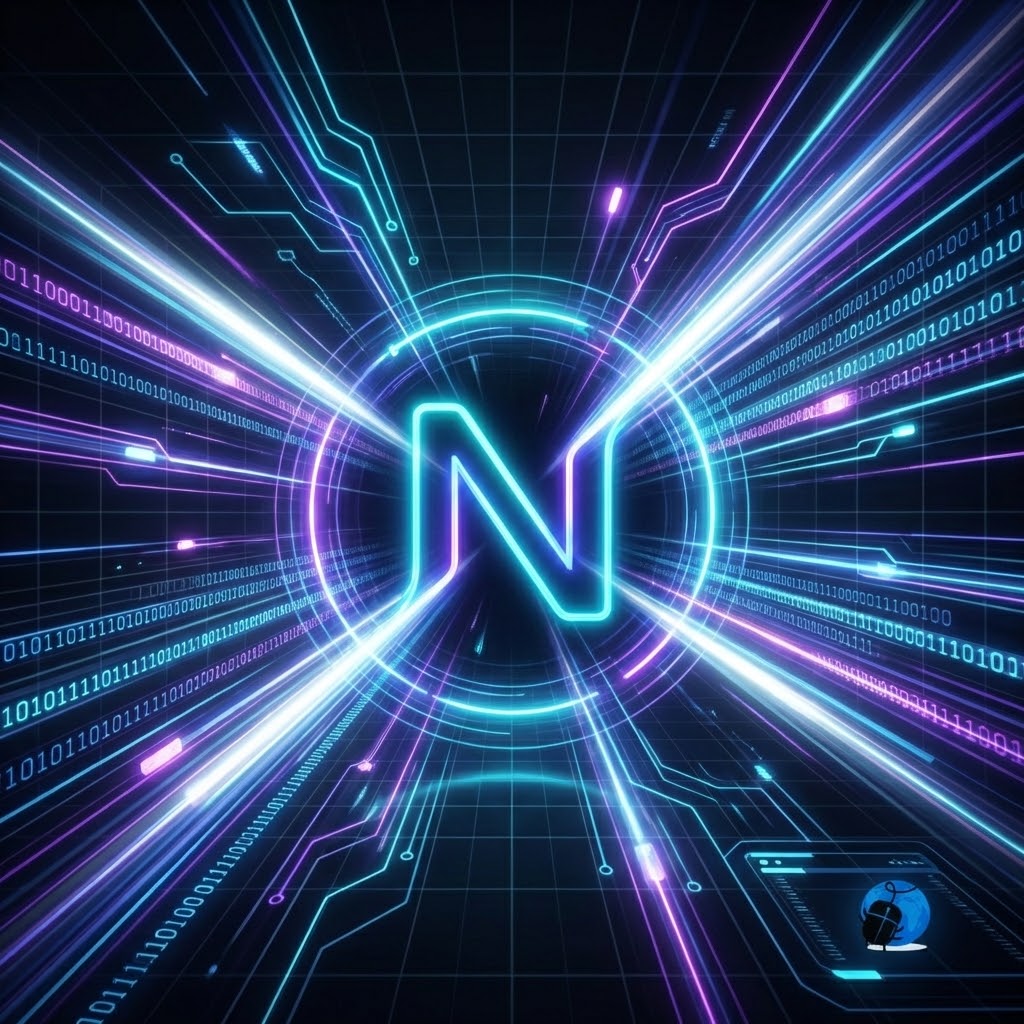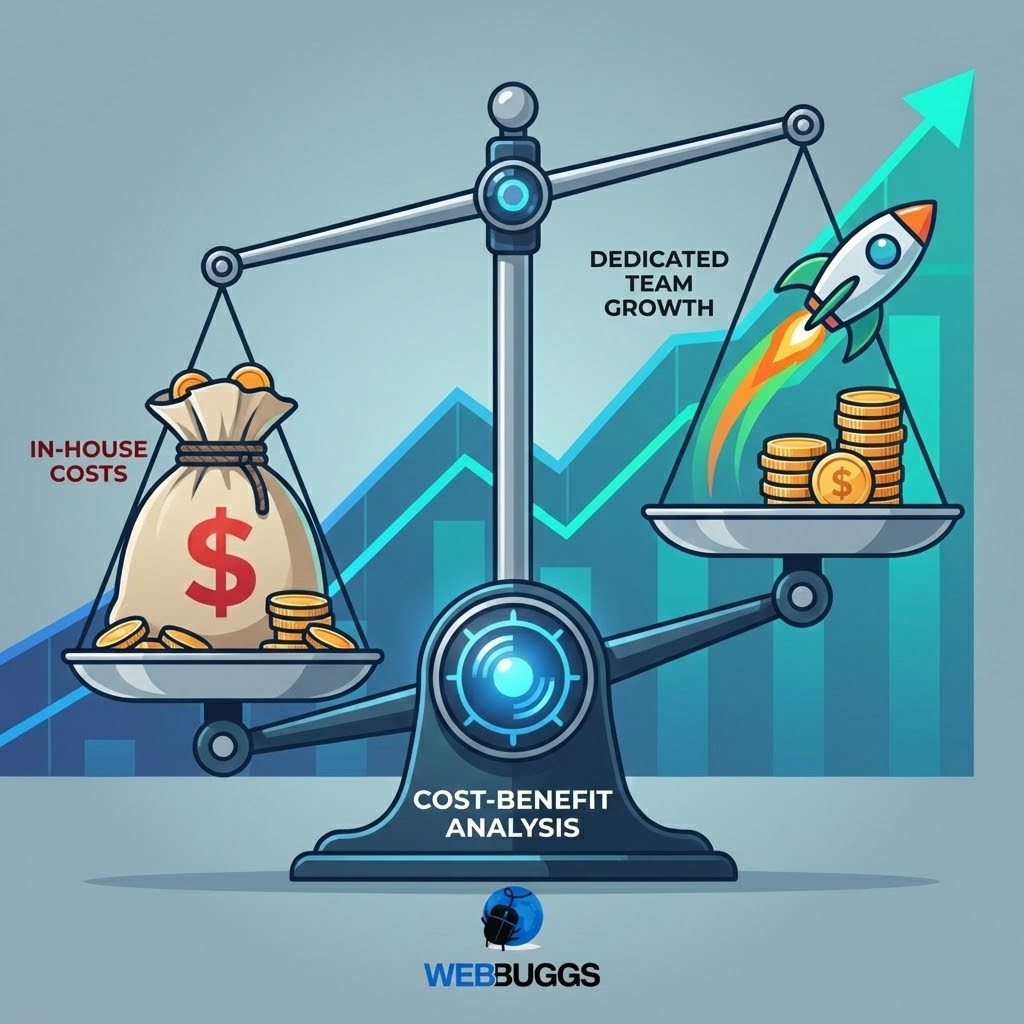Unity vs. Unreal Engine: Which is Best for Indie Developers?
.png)
Choosing the right game engine can make or break your indie game project. In 2025, two titans dominate the indie development scene: Unity and Unreal Engine. Both offer powerful tools, passionate communities, and proven success stories — but each caters differently to indie developers.
If you’re an indie developer wondering which platform to build your dream on, let’s dive deep into Unity vs. Unreal Engine, their strengths, limitations, and which might suit you best.
Why Your Choice of Engine Matters in 2025
In today's ultra-competitive gaming landscape, the engine you choose affects:
- Development speed
- Visual quality
- Platform flexibility
- Costs and licensing
- Learning curve
With platforms like Steam, Epic Games Store, and mobile app stores flooded with new games daily, indie developers need every advantage they can get.
At Webbuggs, we help indie teams launch better games, faster — and your tech stack is where it all begins.
Unity: The Indie-Friendly All-Rounder
Unity has long been the darling of indie developers — and it’s easy to see why.
Pros of Unity for Indie Developers
Cross-Platform Powerhouse
Unity supports over 25 platforms, including iOS, Android, PlayStation, Xbox, PC, and even VR/AR devices. If you’re targeting multiple devices on a tight budget, Unity is your friend.
Massive Asset Store
Unity’s Asset Store is a goldmine for indies. Need a character rig? UI kit? Full 2D level design pack? Chances are you’ll find it, ready to drop into your project.
Huge Developer Community
Forums, Discords, YouTube tutorials — Unity’s community is vast. Whenever you hit a bug (and you will), help is often just a Google search away.
Flexible Pricing
Unity offers a free personal license for developers earning less than $100K annually — perfect for small studios and solo creators. Paid plans offer even more features as you grow.
Great for 2D and Mobile Games
If you're building a 2D platformer or mobile puzzle game, Unity’s lightweight tools outperform Unreal’s heavier framework.
Cons of Unity for Indie Developers
Graphics Limitations (Compared to Unreal)
While Unity has made strides (especially with URP and HDRP pipelines), its default visuals still trail Unreal’s photorealism without heavy customization.
Performance Tuning Needed
Large 3D worlds often require serious optimization to avoid performance issues on Unity — especially on mobile or VR.
Unreal Engine: AAA Power for Indies Who Dare
Unreal Engine — especially with Unreal Engine 5 — is a beast when it comes to cinematic, jaw-dropping visuals. Historically seen as the tool of AAA studios, it's now more accessible to indies than ever before.
Pros of Unreal Engine for Indie Developers
Unmatched Graphics Out of the Box
If you want to create breathtaking environments, detailed character models, and movie-quality lighting without starting from scratch, Unreal wins. Tools like Nanite and Lumen have revolutionized next-gen indie games.
Blueprint Visual Scripting
Not a coding wizard? Unreal’s Blueprint system lets you create complex logic and gameplay without writing a single line of code.
Full Access to the Engine
Unreal gives you full source code access for free. If you need deep customisation, you have ultimate control.
Royalty-Only Payment Model
Unreal is free to use until your game earns $1 million in gross revenue. After that, you pay a 5% royalty — a fair deal for ambitious indies.
Strong Multiplayer and Networking Support
If you’re building a competitive shooter, MMORPG, or any online multiplayer game, Unreal’s built-in networking tools are far ahead of Unity’s out-of-the-box options.
Cons of Unreal Engine for Indie Developers
Steeper Learning Curve
Unreal can feel intimidating at first — especially for solo developers or those without 3D art experience.
Heavy Engine Size and Requirements
Unreal’s editor is huge and resource-hungry. You’ll need a powerful PC or Mac just to develop comfortably.
Overkill for Simple 2D or Mobile Games
If your dream project is a cozy 2D farming sim, Unreal might be like using a spaceship to deliver a pizza.
Unity vs. Unreal Engine: Direct Comparison for Indie Developers
When comparing Unity and Unreal Engine for indie development, it's important to understand where each shines — and where it might hold you back.
In terms of ease of use, Unity clearly comes out ahead. It's widely considered more beginner-friendly, especially if you're new to coding or game design. Unreal, while powerful, has a steeper learning curve that can be intimidating for solo developers or small teams.
When it comes to game type, Unity is best suited for 2D games, mobile titles, and casual 3D experiences. Unreal Engine is the go-to choice if you're building a full-fledged 3D world with AAA-quality graphics or aiming for a more cinematic, high-fidelity experience.
Talking about graphics, Unreal Engine delivers outstanding visuals straight out of the box with tools like Nanite and Lumen. Unity, while capable, usually requires more fine-tuning and third-party assets to reach similar levels of photorealism.
In terms of platform support, Unity leads slightly by supporting over 25 platforms, including VR and AR devices. Unreal also covers major platforms like PC, consoles, and mobile, but Unity's flexibility often gives indie devs a broader reach with fewer headaches.
When it comes to licensing and cost, Unity offers a free Personal license for developers earning under $100K per year, while Unreal Engine is free until your game makes $1 million in revenue — after which a 5% royalty applies.
Finally, considering asset availability, Unity’s Asset Store is one of the largest and most diverse in the industry. It gives indie developers access to ready-to-use templates, characters, environments, and tools. Unreal’s marketplace is growing but still smaller by comparison.
Which Engine Should Indie Developers Choose in 2025?
Choose Unity if you want to:
- Build a 2D or mobile-first game
- Launch quickly with limited resources
- Prototype ideas rapidly
- Keep system requirements light
- Focus more on gameplay than graphical fidelity
Choose Unreal Engine if you want to:
- Create a 3D game with cinematic, AAA-level visuals
- Make a multiplayer or competitive online title
- Dive deep into advanced game design systems
- Future-proof your game for next-gen hardware
In short, Unity is like a Swiss army knife — quick, versatile, and lightweight. Unreal is like a professional film studio — powerful but heavy.
At Webbuggs, we recommend choosing based on the type of game you dream of making, not just the engine’s reputation.
Final Words: Pick the Engine That Fuels Your Passion — and Your Success
Both Unity and Unreal Engine can help you create your indie masterpiece. The real question is: which one matches your game vision, team size, timeline, and budget?
If you're building a small, stylised, mobile-friendly indie game — Unity is your best bet.
If you're chasing a high-fidelity, immersive 3D experience — Unreal Engine is the way to go.
No matter what you choose, the real secret is to start building. Your game idea deserves to live, and Webbuggs is here to support you with the development, marketing, and launch strategies you need.
Ready to turn your indie dream into a reality?
Contact Webbuggs today and let’s build something epic!
.svg)




